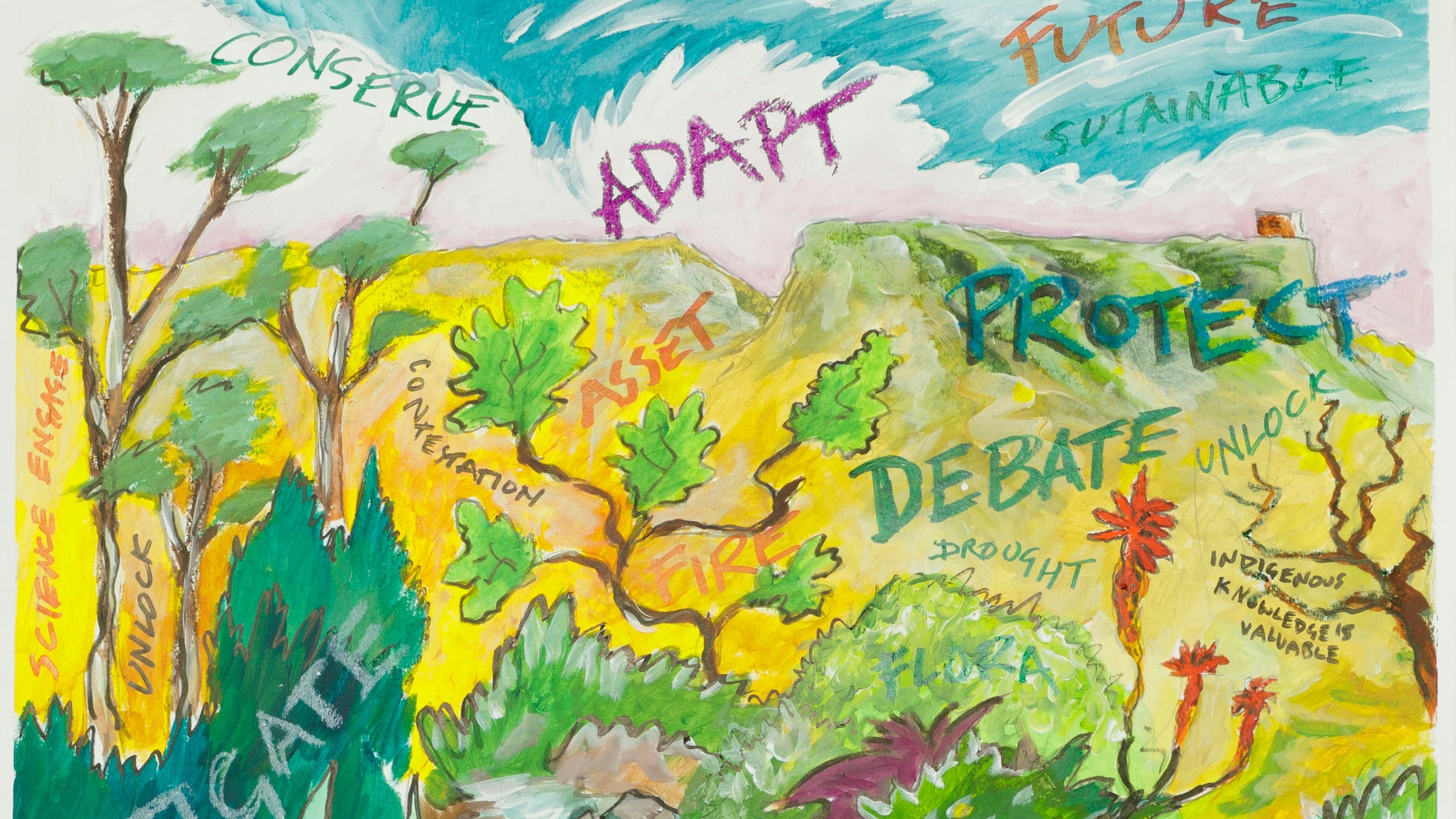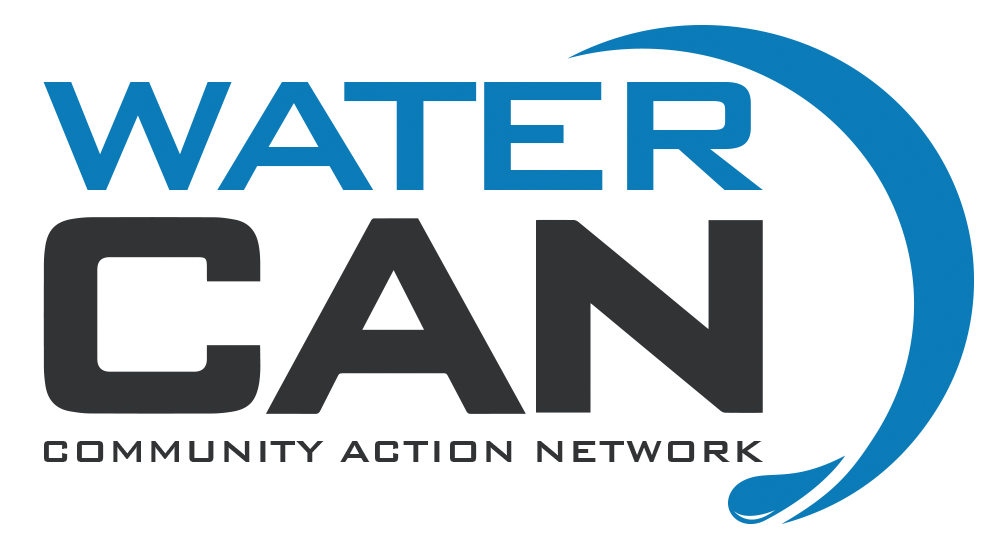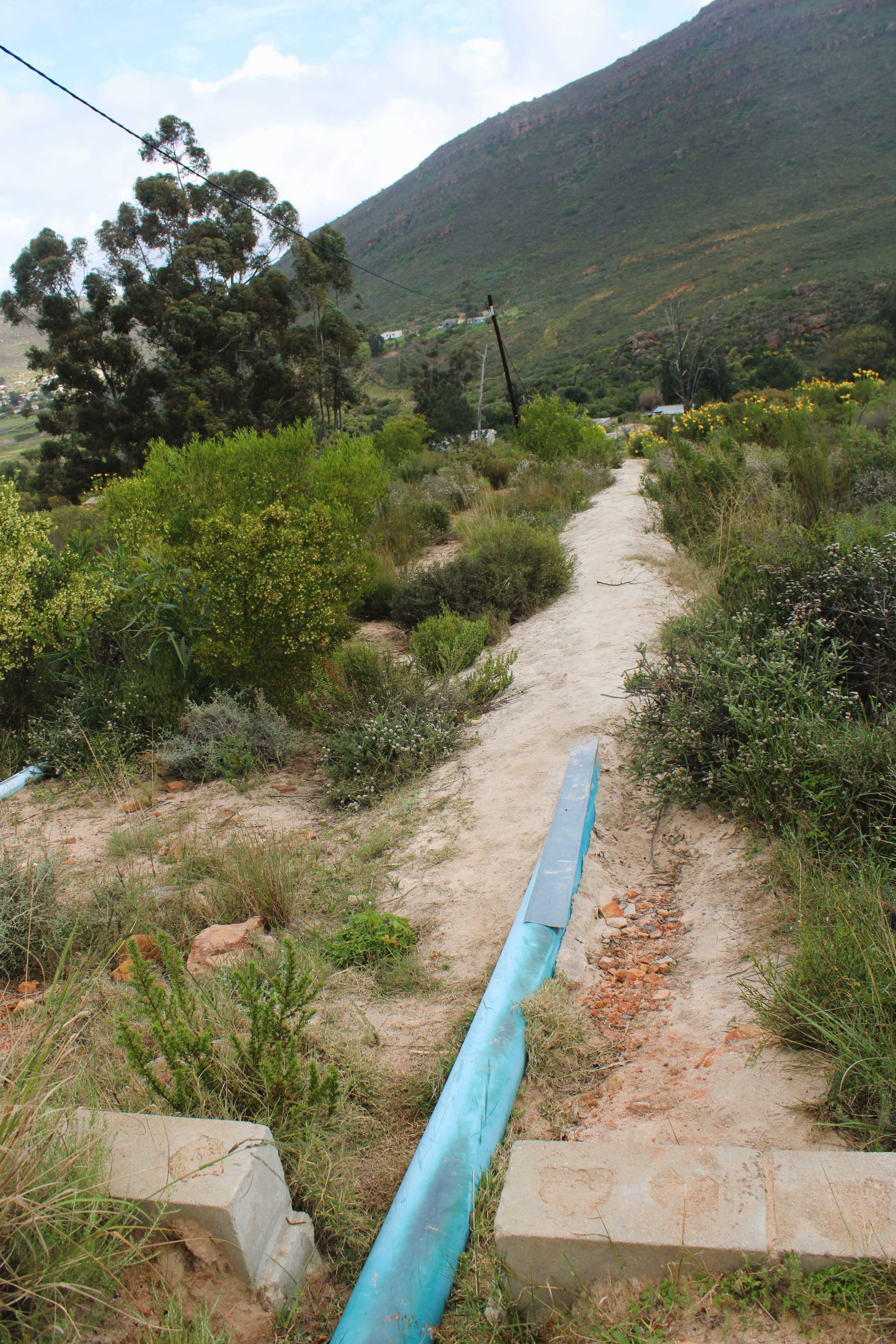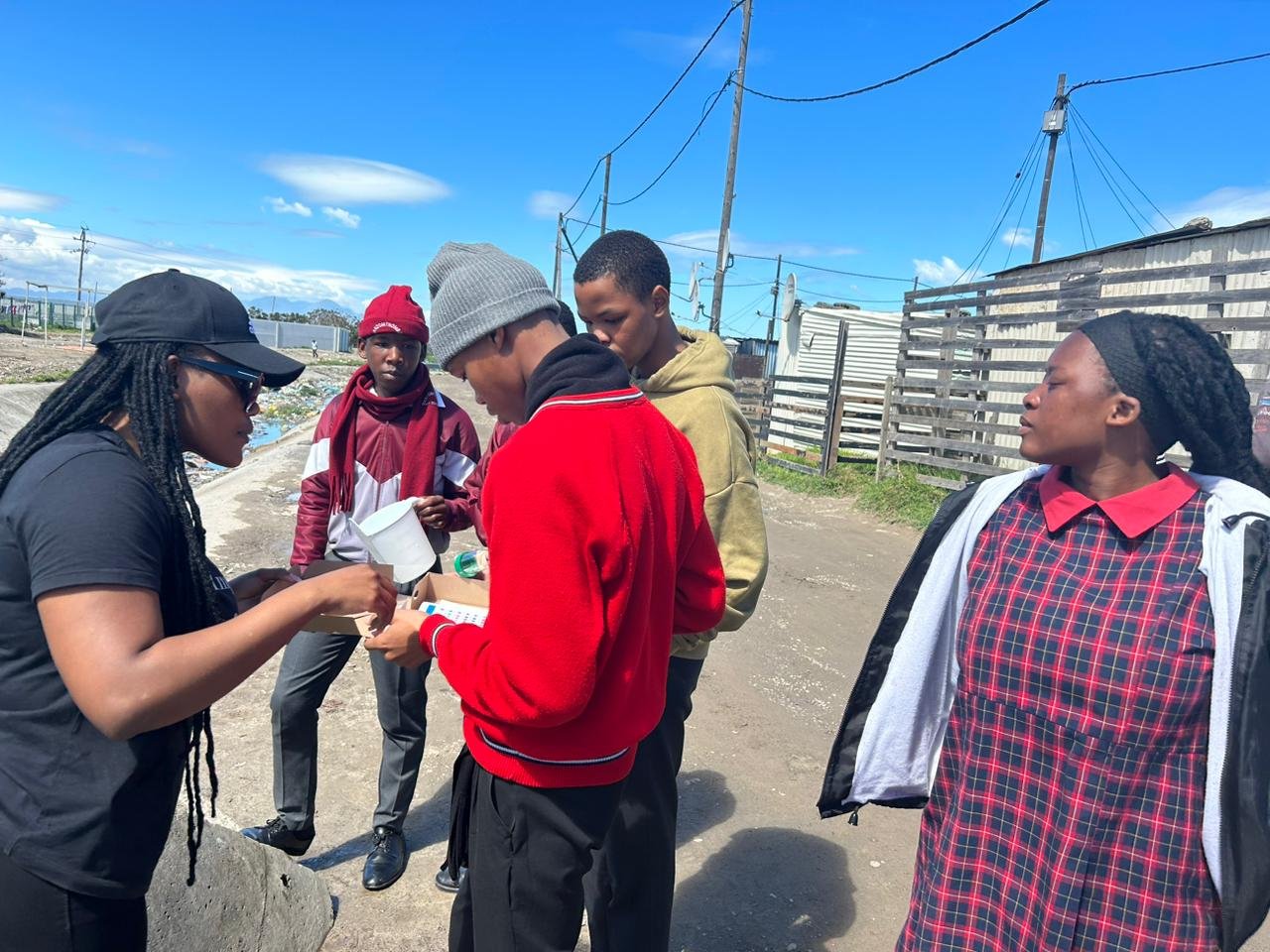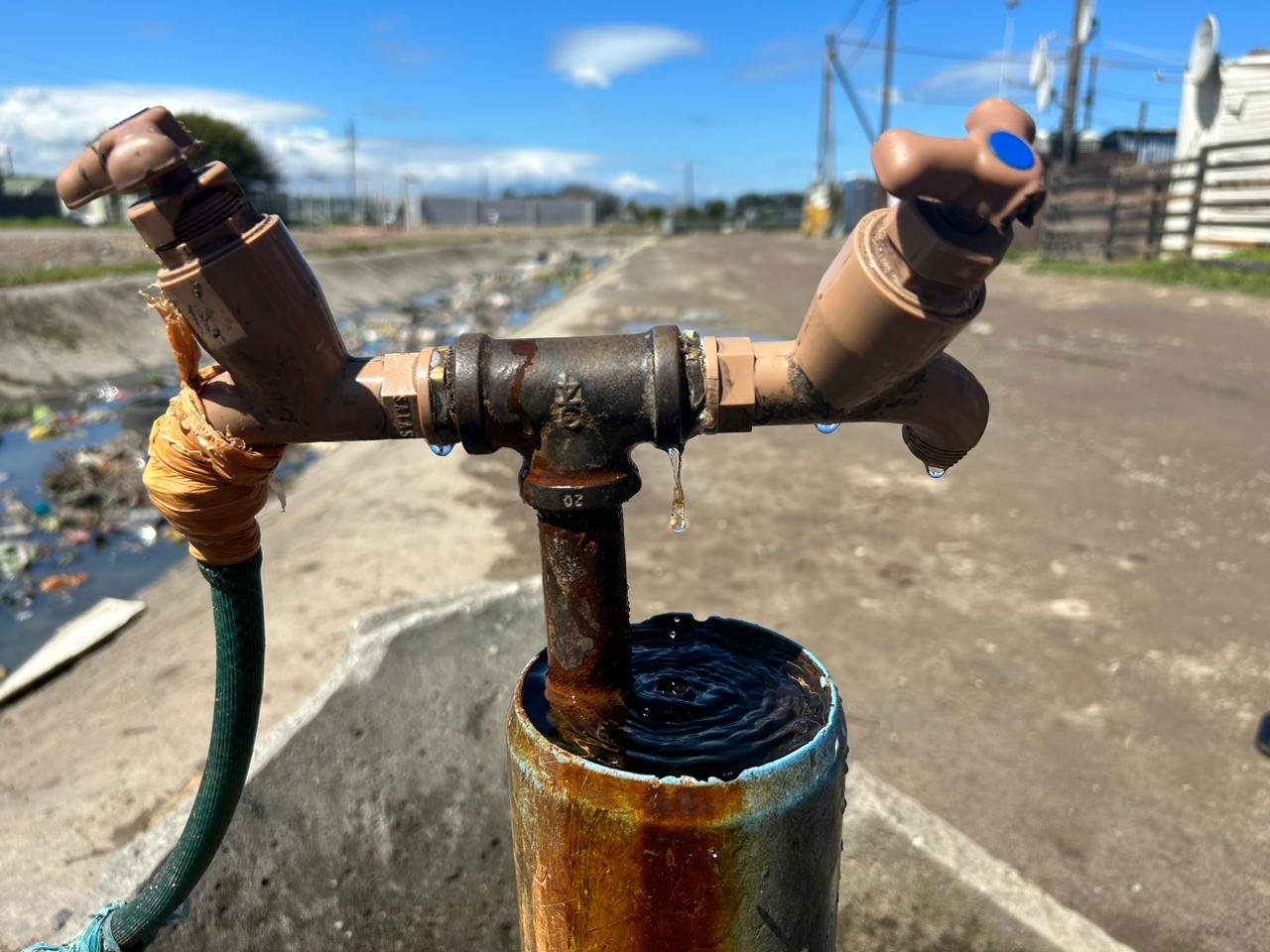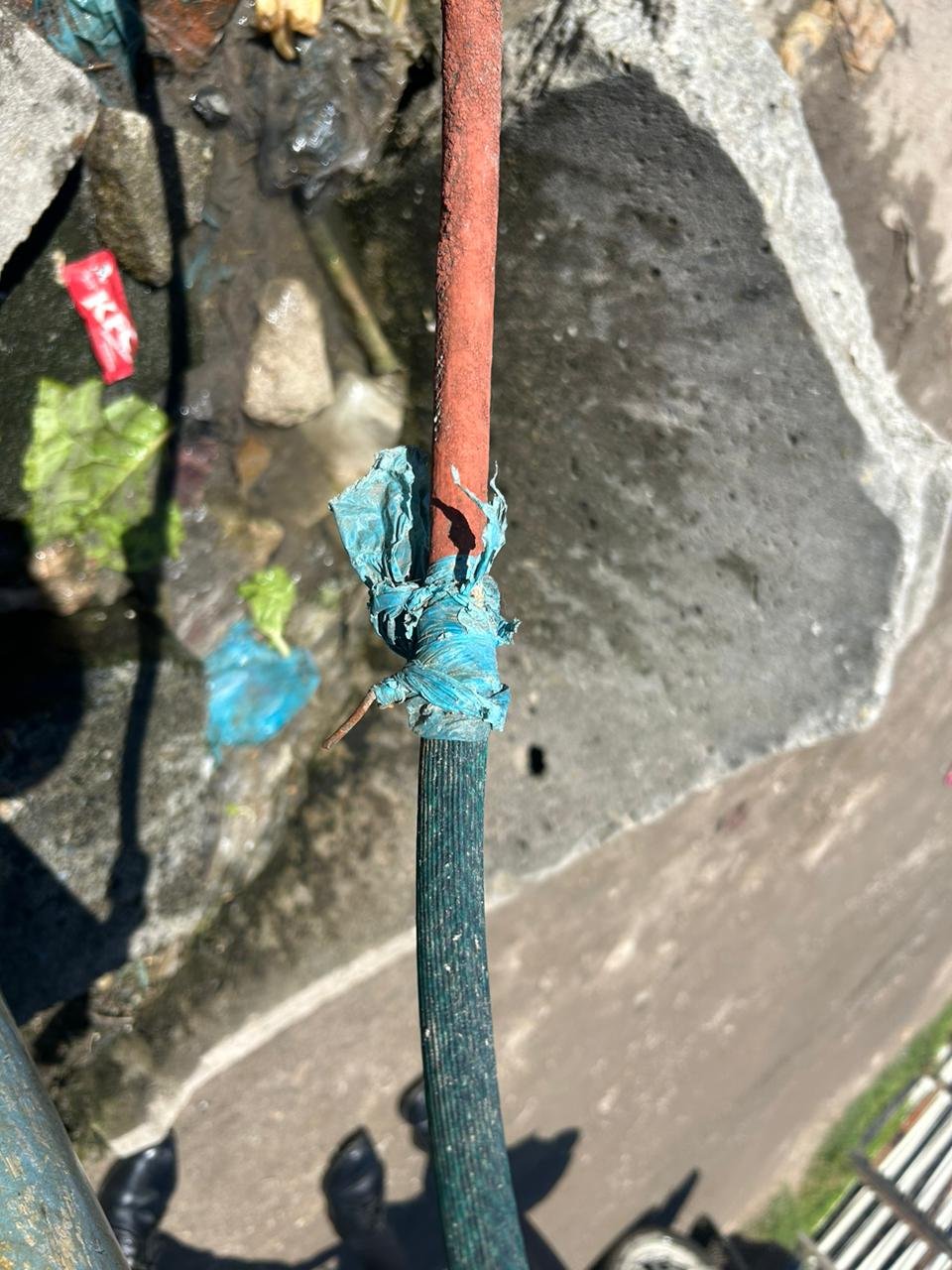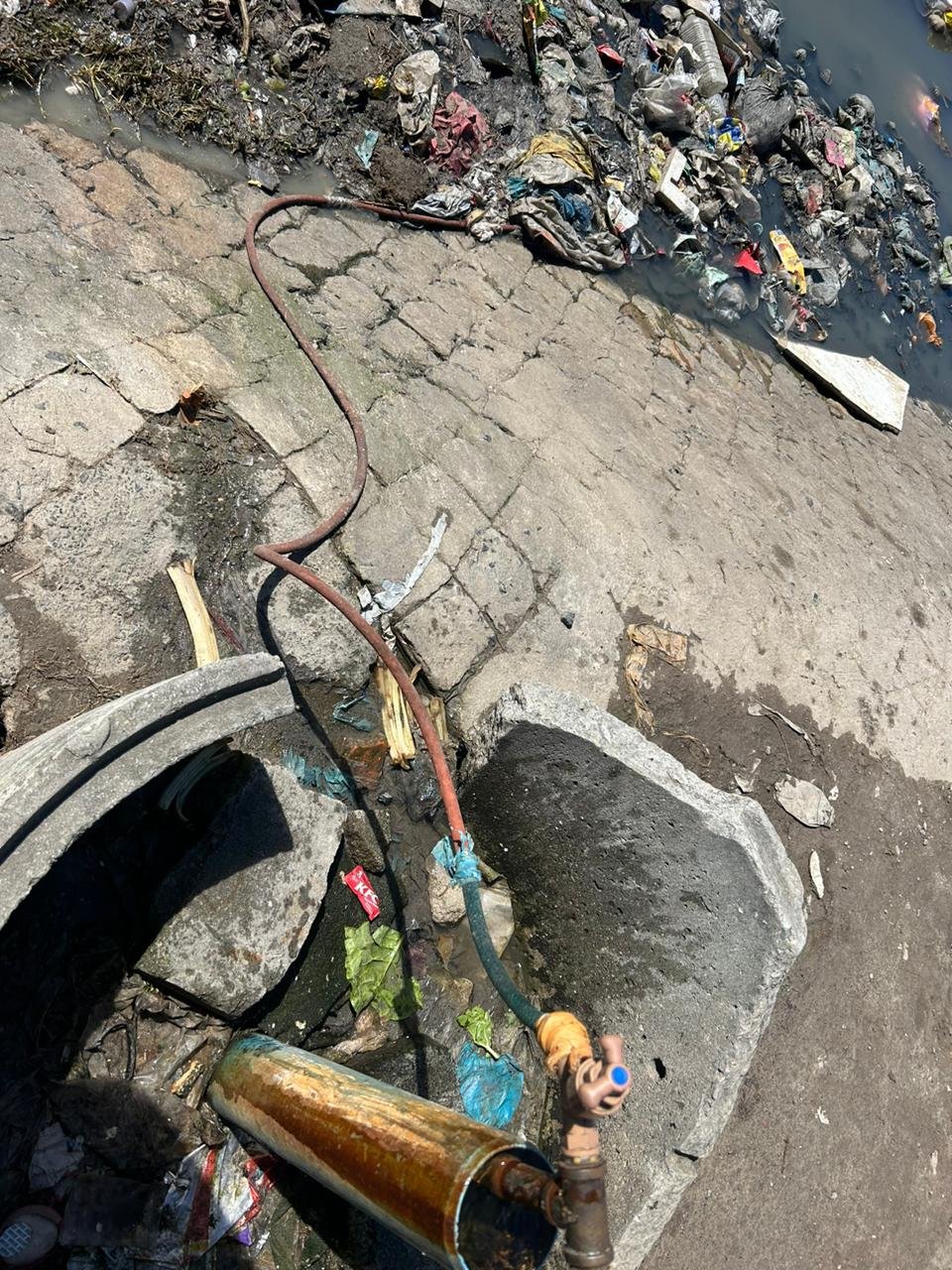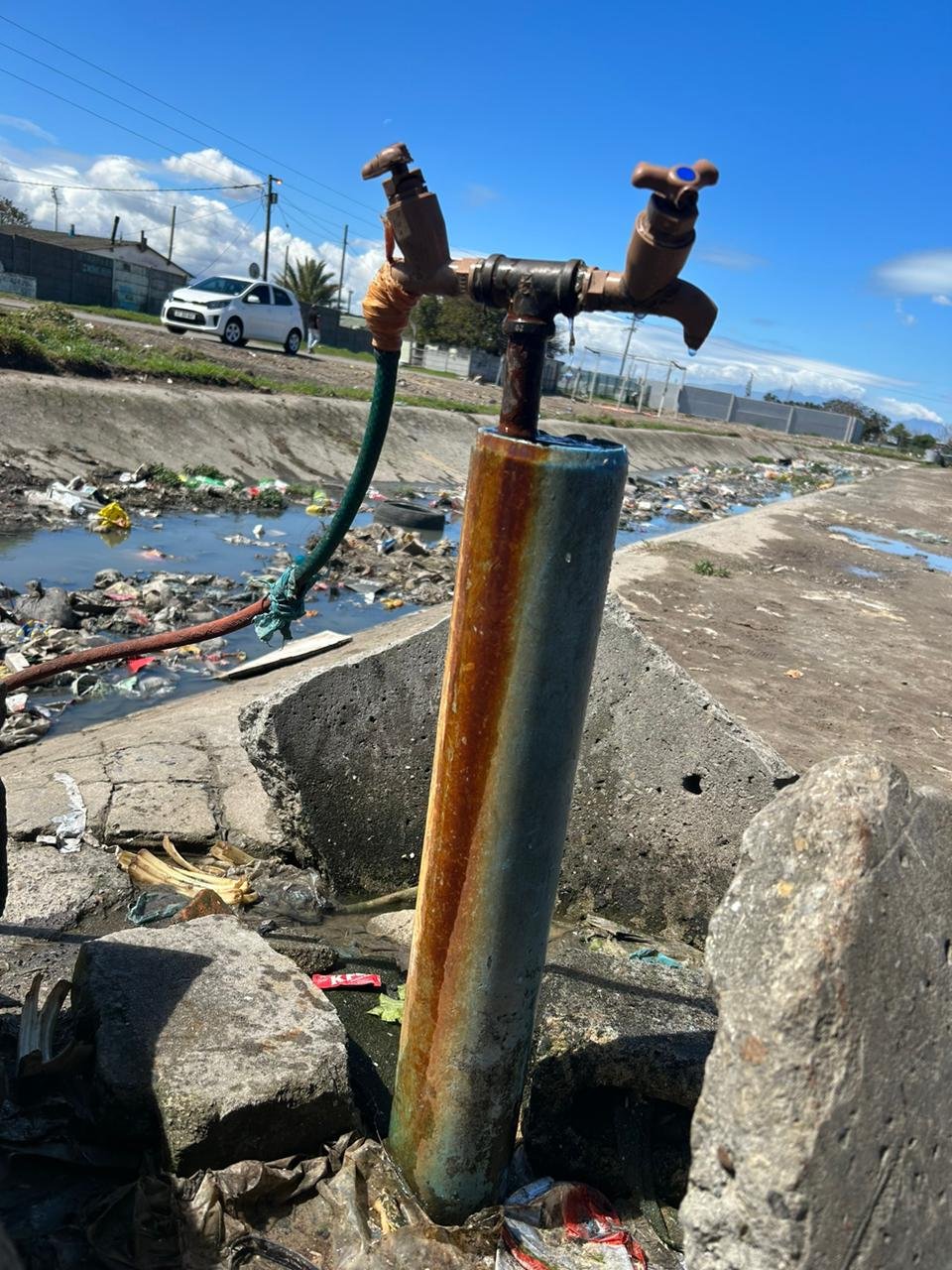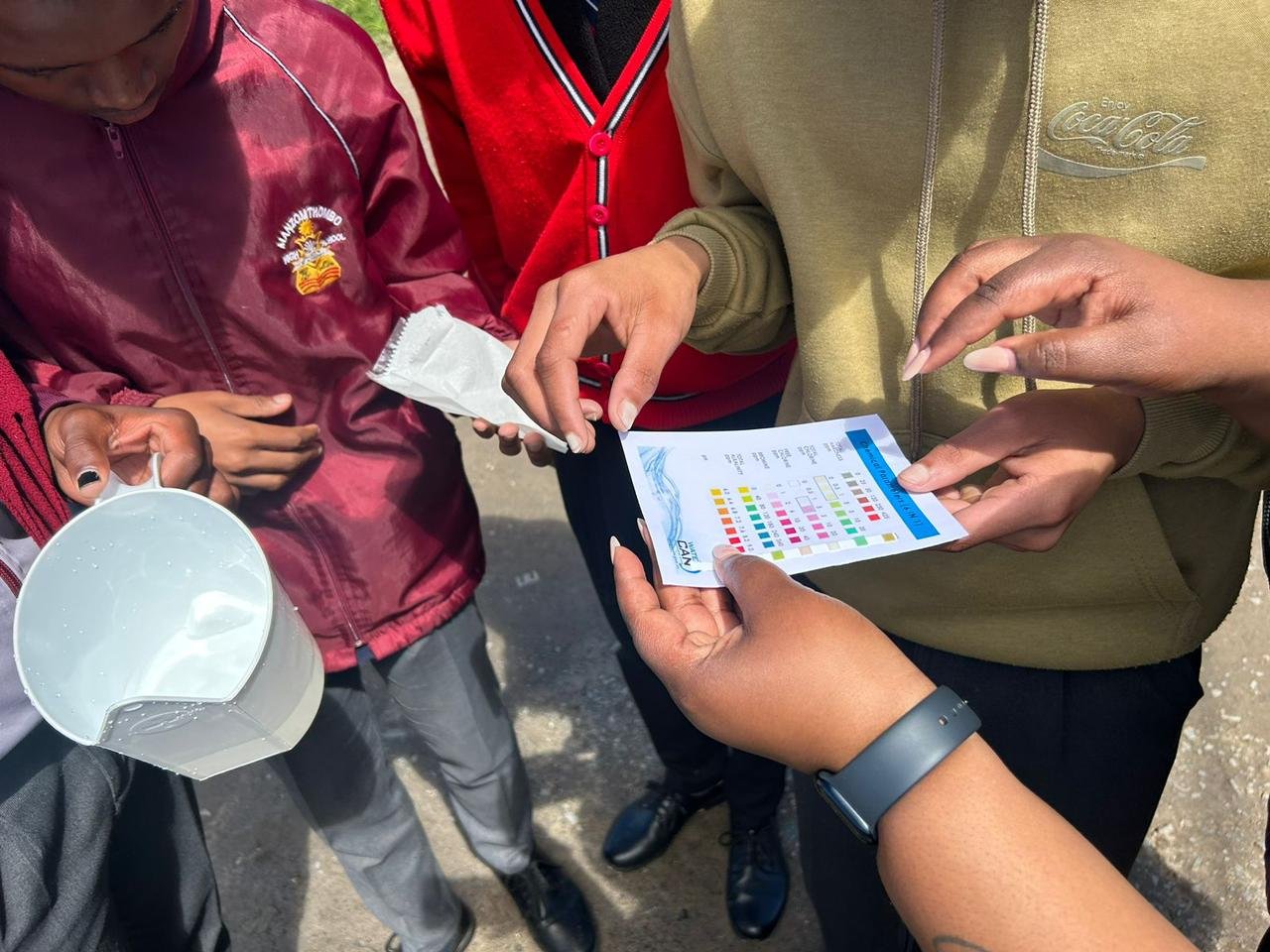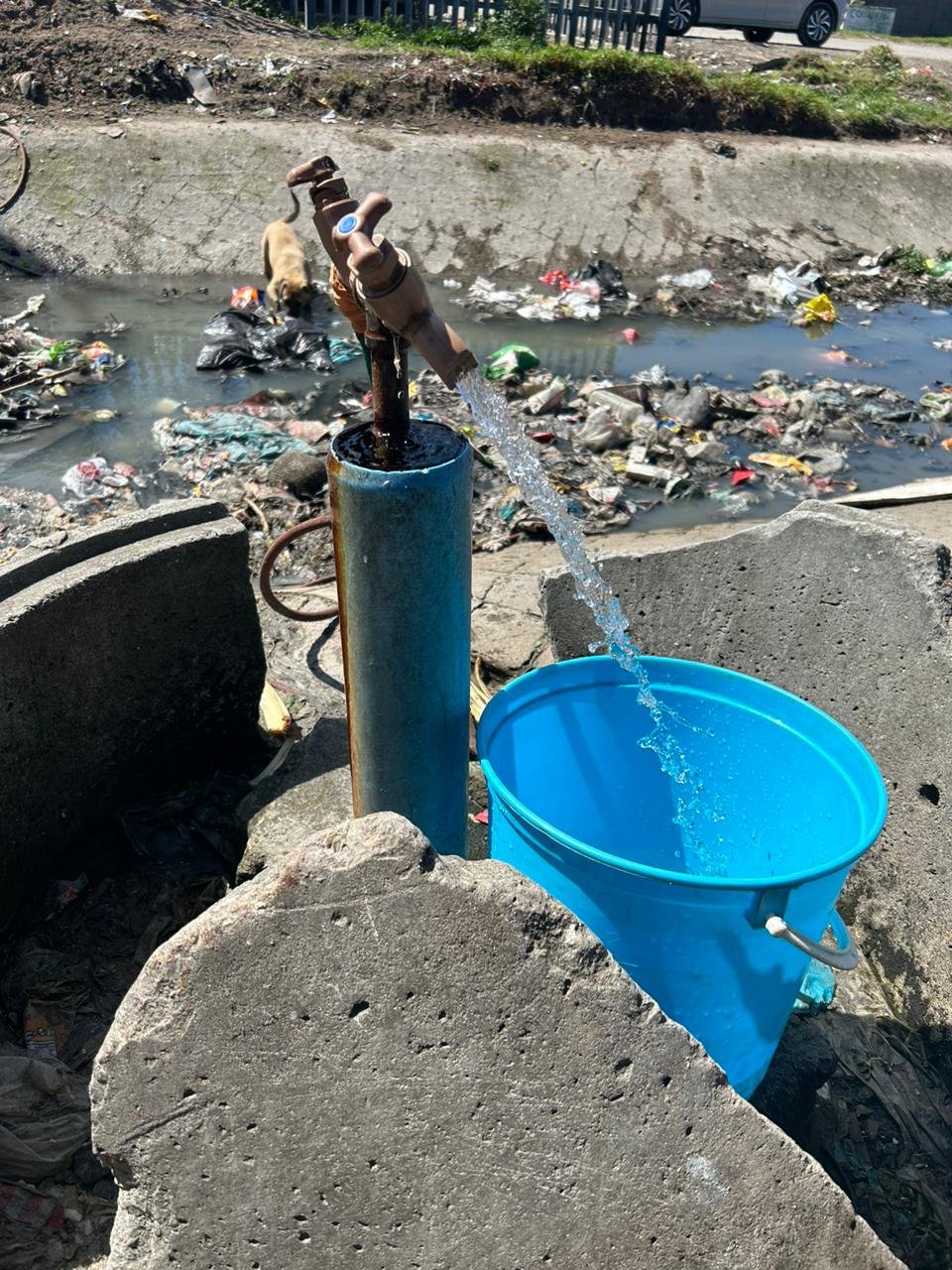Research and wriTTEN BY
Ulrika Runsala (OPC)
Edited by Nick Hamer / june 2023
Abstract
Since the “green revolution” in the 1950 and 1960s, there have been environmental losses because of intensive food production and chemical inputs. This revolution was supposed to end world hunger, but this has been proven to not be the case. There is now a call for a new food system, a sustainable food system.
Small-scale farmers have an important role in changing the food system. The United Nations (UN) Food and Agriculture Organisation (FAO) sees agroecological food production to be a more sustainable practice versus large scale commercial farming. Although agroecology has been recognised by the UN, the knowledge about the practice must be spread. Food democracy can only happen if the people within the food system know how to change the system.
This study examines youth involvement in agroecological practices. The methodology has been field visits with interviews, attending workshops and completed with a literature review. In conclusion, there is a need for both top-down and bottom-up approaches. The small-scale farmers and current urban gardens have a crucial role in educating the youth and involving them in agroecological practice. Politicians must recognise and create good conditions for ecological small-scale food production. As for NGOs, they have a role in both approaches. To educate, be the voice of the people and change politics through networking and campaigning.
1. Introduction
The green revolution in the 1950- and 1960s was seen as the solution for ending world hunger and a way to economic growth (Gollin et. al. 2022). The western countries of the global north took the opportunity after the second world war to “encourage” the implementation of these new agricultural strategies and practices in developing countries. A lot of money was invested by the global north to research these new techniques in the global south.
One of the main goals was to increase crop production and make food cheaper. Modifying crops was one of the latest techniques, such as high-yield varieties (HYV), which increases crop production (ibid). The green revolution succeeded in the industrialisation of agriculture and also in increasing crop production around the world (Black 2016). For example, the world food supply was 20% higher per capita in 2000 than in 1961 and crop production increased by 173% during 1950-1990 while the world's population only increased by 110% (ibid).
Although crop production has increased, high levels of world hunger are still maintained. Black (2016) argues that the “Green revolution” promotes a narrative that there is too little food in the world. This narrative is promoted to support capitalism within the agricultural sector. Industrial agricultural technologies and approaches include GMOs, chemical fertilisers and pesticides, large-scale machines and intensive monocultural crop production (Black, 2016).
These technologies have contributed to environmental damage and health declines, whilst also giving corporations a monopoly over food systems. The reason for hunger is poverty, people don’t have the resources to buy and produce food. The distribution of the world's food is unequal because of the liberal global food market (ibid). The global north implemented industrial agriculture in the global south to end world hunger, but instead, it has created a market favouring the richer countries and corporations.
The “green revolution” is now finally being questioned at the. In the wake of the climate crisis, the industrialisation of agriculture is not seen as the solution. Instead, agroecology is seen as a more desirable approach. The UN’s food and agricultural organisation (FAO) has acknowledged this approach as positive in achieving sustainable development goals (SDG) (FAO, 2019). SDG such as; Poverty eradication (SDG1), Zero Hunger (SDG2), Health and well-being (SDG3), Decent work and economic growth (SDG8), Responsible consumption and production (SDG12), Climate action (SDG13) and Life on earth (SDG15). However, there are challenges to achieving these sustainability goals with agroecology. Challenges include less funding for agroecological practices, insufficient investments and connection between the scientist and civil society (Avaclim, n.d.; ibid). Funding is one of the main challenges, even though recent science and UN bodies support agroecology (Both ENDS, n.d.).
Even though funding agroecological practices is fundamental to changing the current industrial food system. A food system is not only the value chain from producer to consumer, it is everything surrounding the food (Auerbach, 2020). It is also essential that the government, businesses and civil society work together in finding bottom-up solutions (Adelle, 2021). By knowledge sharing, the communities can change food systems and therefore food democracy is promoted.
Food democracy is when the people living in a food system can change the system, but to be able to change the food system, the people within it must have the proper knowledge. Therefore, knowledge sharing about food systems is vital to create food democracy (ibid). Knowledge sharing can be shared through various channels, people and stakeholders. It can be argued that sharing knowledge is a form of advocacy. Because when we learn and share knowledge about agroecology as a sustainable solution, then we are also advocating it.
1.1 Background
1.1.1 Agroecology in South Africa
Agroecology is defined as sustainable agriculture practice with ecology and a social concept focused on small-scale farmers (Avaclim, 2022; Both ENDS, n.d.). The industrialization of agriculture has benefited large-scale farmers and excluded small-scale farmers with a top-down approach. But agroecology promotes biodiversity, local circular economics, inclusivity, traditional practices and restoring drylands (Avaclim, n.d.)
Many agroecology farmers are women, making this practice more equal and inclusive (Both ENDS, n.d.). With small-scale farmers shortening food production chains between producers and consumers, it creates more food sovereignty and food security (ibid). Agroecology is inclusive, as anyone, regardless of financial position should be able to become an organic farmer, even though agroecology has some core principles (Auerbach, 2020).
The FAO (2019) has made a list of the 10 elements of agroecology; diversity, sharing knowledge, synergies, efficiency, recycling, resilience, human & social values, culture & food traditions, responsible governance and circular & solidarity economy. These 10 elements are linked together and promote a bottom-up approach. It also increases social and environmental resilience (ibid).
For example, organic farming is more resilient against climate change (Auerbach, 2020), withstudies having shown that the harvest from organic farms is bigger than that of industrial farms during dry years (ibid). Agroecology also gives the farmers that are mostly women autonomy through knowledge and opportunities for self-sufficiency (FAO, 2019).
1.2 The aim of this study
The purpose of this study is to contribute knowledge about current agroecological food systems and contribute clarity for working forward by involving youth in agroecological strategies. This study will investigate how local food systems take place in Cape Town and how they integrate the youth into these local food systems. The method is a literature review, interviews, field trips and attending workshops.
1.3 Research questions
How is local agroecology in practice?
How can we integrate youth learning about agroecology and sustainable food systems?
2. Method
The method for this research has been a literature review, field trips, interviews and attending workshops. The literature was chosen to develop an understanding of agroecological principles, policymaking from politicians and solutions for changing the food system at a national level by giving examples of promoting agroecology. The chosen workshop for this study was the Urban Food Future program. This workshop program was specifically for farmers, politicians, NGOs and other stakeholders that are working with agroecology. The workshops provided additional context and information that assisted in defining the scope of the literature review and field visits. The workshop is not reported on here, but a write-up of the workshop is available.
The field visits were to different types of food gardens, combined with interviews. The gardens were Lentegeur Rehabilitation Centre & Neighbourhood Garden, Pelican Park High School with Clifford Ceasar, and Elsies River Community Garden with Geronimo De Klerk. These garden field trips were chosen to understand different kinds of gardens in the urban community and how they involve the youth.
The interviewing part was in a casual set-up. The questions would arise during the tours of the gardens and be noted in a document. Even though the set-up was casual, there were already some predetermined questions;
● Agroecology (AE): How does the project see Agroecology? Does the project meet all/most AE principles?
● Materials: How well-resourced is the project? Does it have fencing, water, tunnels etc?
● History & vision: Background of the project and how it has developed. How would it like to develop further? What inspires the project?
● Support: What support does the project receive? What further support is it looking for?
● Youth: How are youth involved? What role is seen for youth? What support is needed for youth to succeed in the work?
● Networks: How do the projects link to other projects and networks?
These questions were chosen to get an understanding of the garden, how it operates and how it can or is involving the youth. The questions are touching 6 different areas; agroecology, materials, history & vision, support, child and networks. These 6 areas make an overall picture of understanding.
3. Results
3.1 Literature review
To support agroecology, food needs to be available, accessible and adequate (Black, 2016). In the current food system, small-scale farmers need to compete against big-scale farmers. This can lead to an uneven distribution of the availability of organic food. Organic food can also be more expensive because it is more sustainably produced (Black, 2016).
Even if the government has agreed on international conventions and treaties, there is no real political commitment to achieve these goals according to Witt (2018). An example of a problem is that rural development and agriculture are placed in different ministries/departments. The problem goes further with policies and initiatives failing because of poor coordination between the departments and governments. Even if politicians acknowledge this problem, it is no guarantee for the problem to be fixed. Also, environmental solutions are often seen as a hindrance to development, rather than it being the solution for development (ibid).
Rural areas are not prioritized by politicians, which is a big concern (Witt, 2018). More policies for rural development have been implemented since 2009, but improvements on the ground are not visible . There are a lot of policies in place in South Africa and new policies are made without the old ones being fully implemented. When making a new policy, there should be a follow-up. Not doing so makes it harder to understand if the policy worked and if it should continue, or if it didn’t work and should be amended.
Even though the ANC Conference in 2007 referred to industrial agriculture as “environmentally damaging agriculture”, there were no repercussions (Witt, 2018). There is no goal or vision of shifting industrial agriculture to smaller, sustainable, resistant agriculture. Policies are failing at being precise and having concrete solutions or strategies that can’t be misunderstood. On one hand, the politicians talk about the importance of small-holders but at the same time they want to increase commercial farming. The National Development Plan (NDP): Our future is a national document for development, hwever it can be argued that the document isn’t up to a good standard. Some inconsistencies make one believe that the ruling party only wants to try and satisfy all the different interests instead of having a clearer goal/vision. A critique is that agriculture shouldn’t only be seen as a business but as a social and health issue. Poor people should be able to buy healthy nutritious food (Witt, 2018).
Brazil has examples of agroecology in practice and policy (Black, 2016). Agroecology farmers have been mobilising during and after the dictatorship ended in the 1980s (ibid). Small-scale farmers worked together with the labour movement and the unions for policy and agrarian reforms. As a political initiative, the local government of Rio Grande do Sul supports agroecological production by buying small-scale farmers' food at a higher price for schools, welfare programmes and canteens (Black, 2016). In 2009, a law required that the government's food purchases at least must be 30% from small-holders. Then in 2011, they added a provision to increase the price of organic products by 30% (ibid).
A Family Agriculture Food Programme (PPA) is a governmental feeding program, that buys food from family farmers for local food banks, this programme creates a stable market for small-scale farmers (Black 2016). Another programme in Brazil is the National School Feeding Programme (PNAE) which provides free school lunches for all the kids in Brazil. Free school lunches have contributed to food security and 30% of the meals must be bought from local family farmers.
The value chain between farmers and consumers is also relatively closer, because of the local markets (Black, 2016). They also promote organic and agroecological production in Rede Ecovida by having their own certification system instead of a third-party system. Farmers have to agree together about the organic standard in a participatory guarantee system (PGS). These political initiatives have just not only stimulated the market for agroecological products but also makes it possible for farmers to meet the demand (ibid).
South Africa has its feeding program for schools, the National School Nutrition Programme. The annual report is only from 2009 - 2014, and then the annual reporting of the program stopped. The programme's purpose is to provide free school meals for the most needed schools in South Africa (NSNP, 2014). The programme decreases food insecurity, provides job opportunities, teaches children about healthy nutritious diets and supports food gardens. The programme is providing educational support and resources for schools to start a school garden. 9 131 836 children were fed through this program in 2013/2014, that´s around 59% of children between 5-19 years old (NSNP, 2014; Globalis, 2021). This programme is a good way to reduce hunger and provide education about gardening and nutritious foods.
3.2 Field trips and interviews
Lentegeur rehabilitation centre & neighbourhood garden
We first visited the Lentegeur Rehabilitation Centre, as there is supposed to be an open market there every Friday morning, but it didn’t take place on the day we visited. Psychiatric patients are rehabilitated through growing crops and working in the garden. We were told that the main consumers of the produce are the hospital employees that buy the food. When asked if the garden involves the youth, they said that they have had interns that were unemployed youths, but not anymore because of attitude problems. It is good that the youth are get involved, but such processes need to be well thought through, with a plan to involve them positively.

